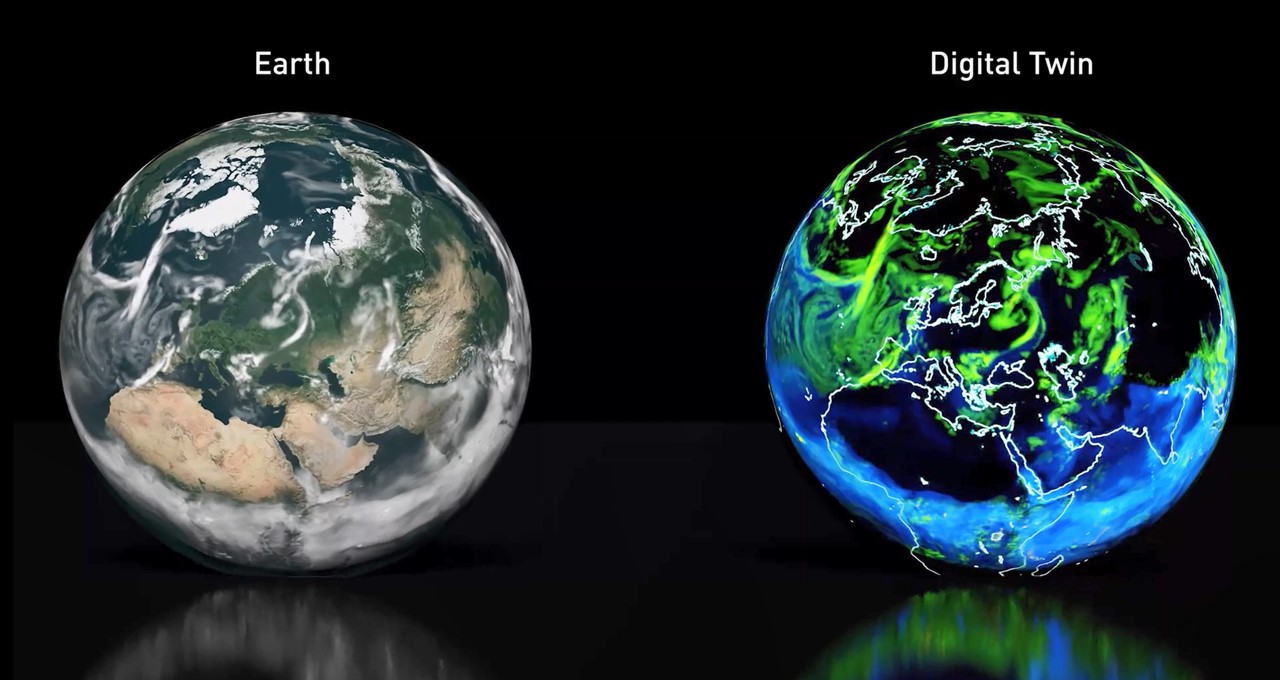
In a groundbreaking development, scientists now leverage Artificial Intelligence (AI) to unveil distant celestial bodies. The University of Georgia researchers carried out a study months back that unveiled compelling evidence of a previously unknown planet. Remarkably, this discovery was made possible through the remarkable capabilities of machine learning, an integral branch of AI. The study findings mark an initial stride towards harnessing machine learning’s role in unraveling the mysteries of hidden exoplanets.
Exoplanets
The sun governs the orbits of planets, which acquire enough mass to assume a spherical shape. The planets’ orbits generate significant gravitational force. Exoplanets are planets outside our Solar System. They possess a mass limit of 13 Jupiter masses.
Detecting exoplanet has been a notable achievement of the Kepler Space Telescope. Through the utilization of NASA satellites, researchers have identified over 3,000 exoplanets. This year alone, they have discovered three exoplanets that could potentially sustain life and even serve as future homes for humans. Additionally, Google’s AI found two exoplanets in the previous year.
The field of astronomy encompasses a vast and profound universe. Exploring the realms beyond Earth and uncovering celestial objects in space ranks among the most profound interests of humanity. Astronomers and scholars have dedicated numerous years to observing the nocturnal expanse and meticulously tracking the motion of planets and stars to discern distinct stars, galaxies, and planets. The discovery of exoplanets particularly intrigues scholars and the general public due to the prospect of discovering extraterrestrial life and potentially habitable environments.
The Use of AI in Exoplanet Discovery
Scientists, physicists, astronomers, and experts have long held a fascination with uncovering exoplanets, employing diverse methodologies in the past. However, with advancements in AI over recent years, the application of machine learning has revolutionized this field, extending beyond the realms of physics and planetary science. Recently, scientists have harnessed various machine-learning techniques to assess the probability of detecting exoplanets.
The featured image is from space.com



